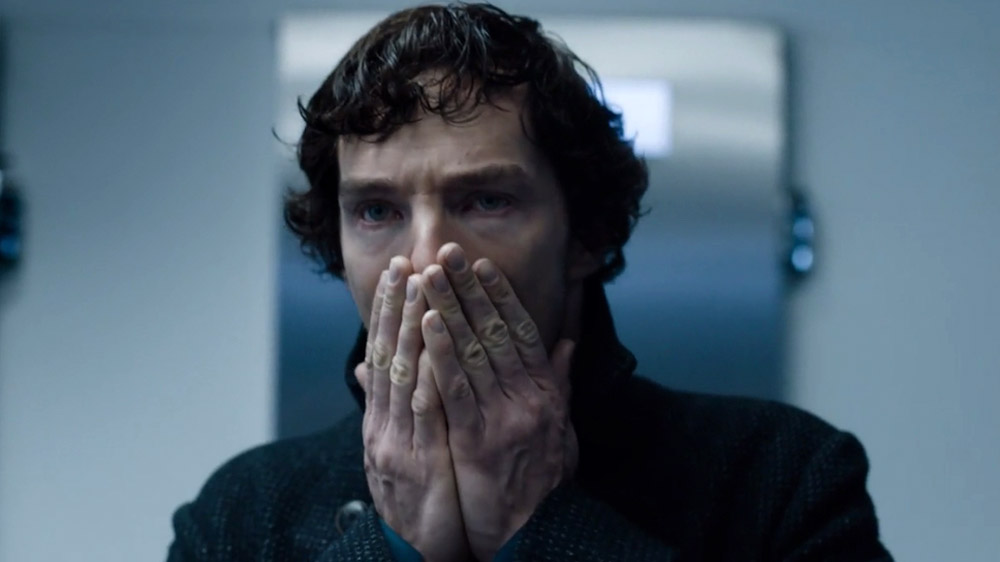Until just now, you didn’t need a TV licence to enjoy catch-up content.
The iPlayer loophole allowed you to watch your favourite BBC series such as Sherlock, The Great British Bake Off, Top Gear and Doctor Who as long as you didn’t watch them while they were being broadcasted live. In other words, you could legally watch BBC content an hour or a week after its airtime without needing a TV licence.
But I’m afraid it’s bad news for all those who, in the words of former Culture Secretary John Whittingdale, have been enjoying the “free ride”. The BBC is about to “modernise” its system and as of 1 September 2016, all iPlayer users will need to pay the annual TV licence fee of £145 to enjoy its content. From tablets and smartphones to game consoles and TV streaming gadgets – it doesn’t matter what device you’re using, if it’s being used to access iPlayer, then you’ll need to have a TV licence. You’ll also need to be covered if you’re watching BBC content through Sky, Virgin or BT.

The loophole has been costing the BBC approximately £150m a year, which is why they now wish to fix it as soon as possible. A spokesperson for TV licensing put a lot of minds at ease by explaining that most people will be unaffected by the coming changes as fewer than 2% of households in Britain watch iPlayer without a licence. And while you’ll have to pay if you want to make use of iPlayer, you still won’t need a licence to watch catch-up BBC programmes using other providers including Netflix, YouTube, ITV Hub, All 4 and Demand 5.
But not only households in the UK are affected. There are also thousands of Britons living abroad, who don’t want to miss out on BBC content. One way to get around the country barrier has been using a VPN (Virtual Private Network), which can mask your IP address. However, the BBC has been cracking down on VPN usage making it more difficult for people outside of the UK.

A spokesperson for BestVPN.com commented: “If the BBC starts to ask for license fee numbers, it is likely to massively decrease the usage of BBC iPlayer by people who shouldn’t be using it. The BBC has been quite active in cracking down on VPN use anyway. However, it could be a really good way for the BBC and expats living abroad to work together so that they could still enjoy BBC programmers while also paying for them.”
The new law won’t affect the majority of people in Britain and all unlicensed households will receive a written notification to inform them of the changes that will be implemented on 1 September 2016. It’ll require you to get a TV licence if you’re watching BBC content via iPlayer; however, if you’re watching BBC content via services such as ITV Player, All4, My5 or Netflix, then you won’t need to get a TV licence. So make sure you consider how you’re consuming BBC content in order to avoid any legal repercussion.

